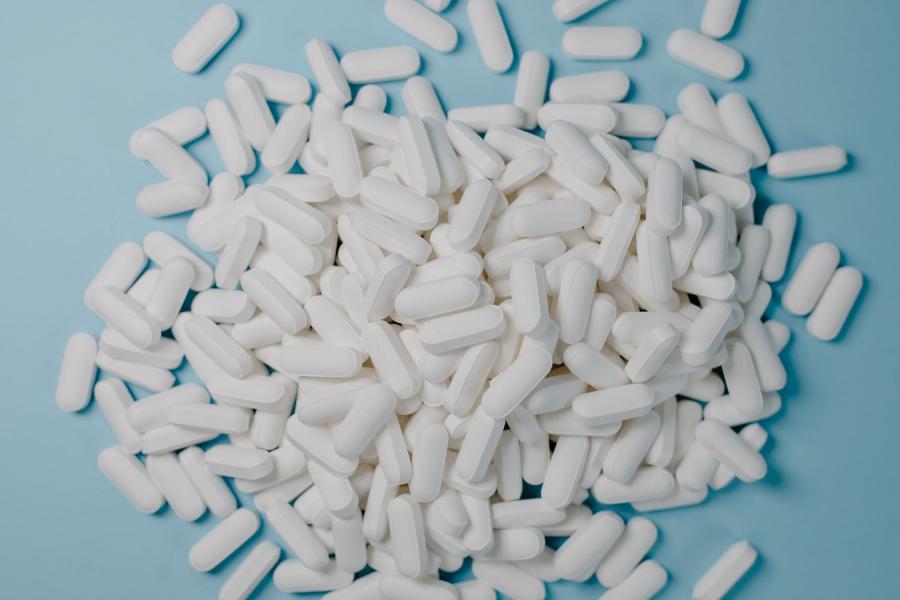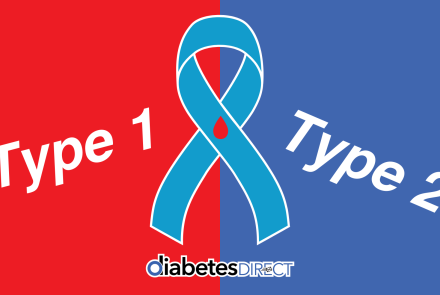Medications for Type 2 Diabetes
Type 2 diabetes is a chronic and long-lasting health condition where your pancreatic cells don't produce enough insulin or your body cells become resistant to insulin, that is they can't respond to the insulin the way they should. This in turn leads to an increased level of sugar in your bloodstream.
Insulin is the hormone secreted by your pancreas which regulates the amount of glucose in your blood. It is the most common form of diabetes, affecting 90% of diabetes patients. Old age people are more prone to type 2 diabetes, but it can also occur in obese children. Therefore it is known as adult-onset diabetes.

Type 2 diabetes can't be cured completely, however, it can be controlled with a few dietary changes and regular exercise. If diet and exercise don't seem helpful, your doctor may prescribe you a few medications to ease the symptoms and control your blood sugar levels.
>>Read more: What is Type 2 Diabetes? – Causes, Symptoms & Treatment
If the lifestyle changes aren't found to be effective, then your doctor may prescribe any of the following medications to manage your blood sugar levels:
Metformin: This is the commonly prescribed oral medicine to treat type 2 diabetes, and it is also used to treat polycystic ovary syndrome. Before taking it, you should tell your doctor if you’ve had kidney, liver, or heart disease.
Sulfonylureas: These medications are used to produce more insulin, which in turn regulates blood sugar levels.
Thiazolidinediones: These medications work like metformin and hence make you more sensitive towards insulin.
DPP-4 inhibitors: DPP-4 inhibitors are used to reduce blood sugar levels, but they can also lead to inflammation in the pancreatic gland and joint pain.
Remember to tell your doctor about any history of health complications and allergies. Also, try keeping a journal to document any changes you may experience while taking new medication or dose changes.
- Log in to post comments






